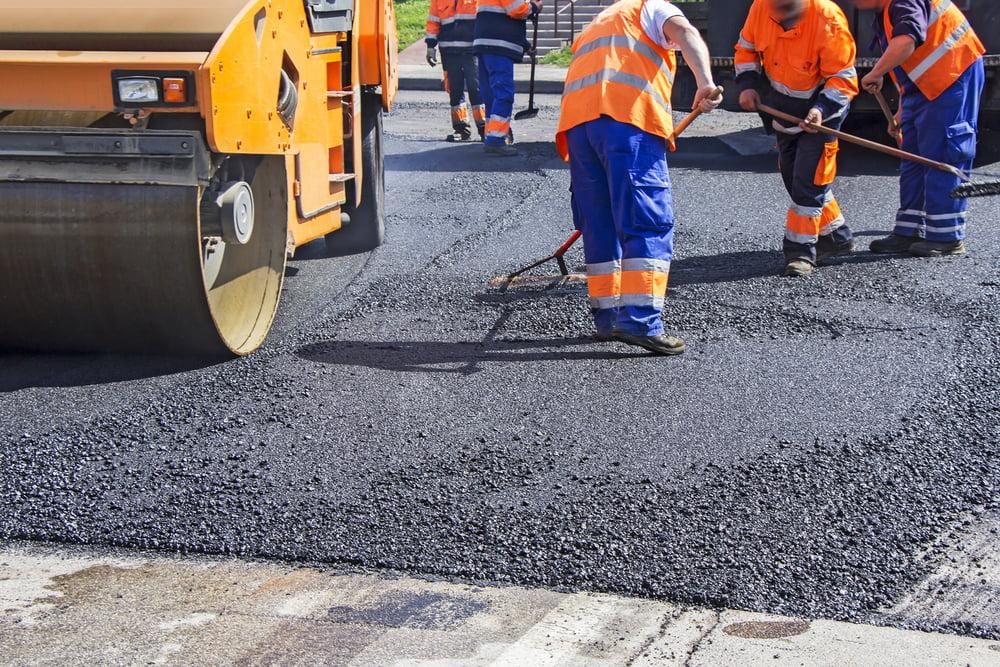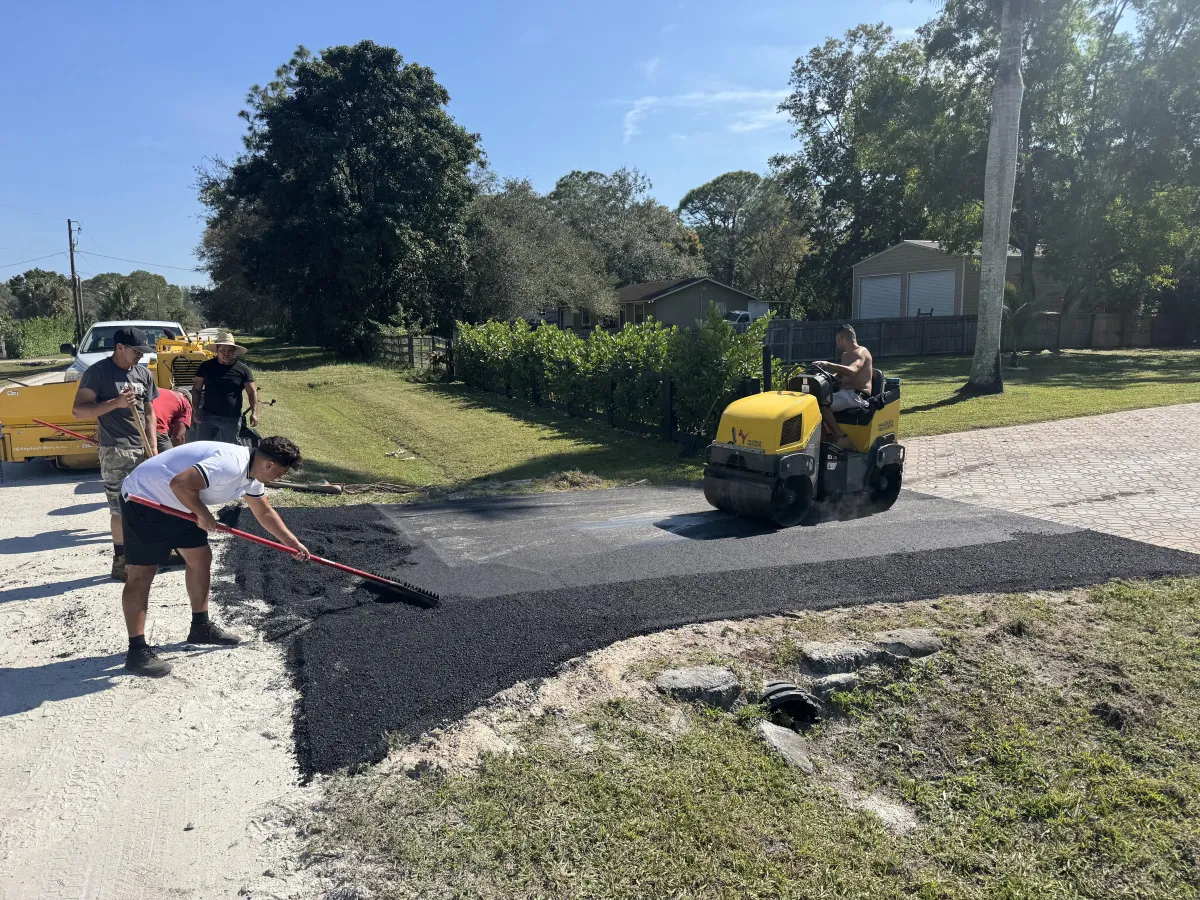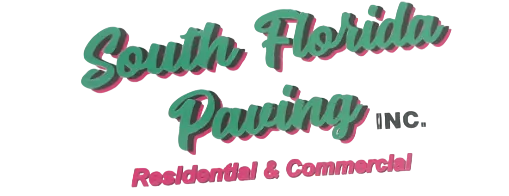
Commercial Paving Requirements in Plantation, FL and Surrounding Areas
Commercial paving projects in Plantation, FL, and surrounding areas such as Lake Worth, West Palm, Davie, Lacoochee, Coral Springs, Deerfield Beach, Pompano, Delray, and Parkland must meet specific standards to ensure durability, safety, and compliance with local regulations. From parking lots and access roads to walkways and service areas, businesses need to understand the requirements that guide design, construction, and long-term maintenance.
What Are the Key Commercial Paving Requirements in Plantation, FL?
In Plantation, FL, commercial paving must follow municipal codes that address thickness, grading, drainage, and ADA accessibility. Asphalt and concrete pavements are typically designed to handle heavy traffic, including delivery trucks and customer vehicles. Local contractors ensure that materials and installation methods meet both city guidelines and Florida’s climate demands.
How Do Surrounding Cities Like West Palm and Lake Worth Enforce Paving Standards?
West Palm and Lake Worth enforce strict paving standards to maintain public safety and infrastructure quality. Businesses are often required to submit plans for approval, which include stormwater management, traffic flow design, and compliance with accessibility laws. Proper permitting is also essential, and inspections are typically conducted at different stages of construction.
Why Is Drainage a Critical Requirement in Davie, Coral Springs, and Parkland?
In towns like Davie, Coral Springs, and Parkland, frequent rainfall makes proper drainage a top priority. Commercial pavements must be graded to direct water toward storm drains or retention areas. Without adequate drainage, standing water can lead to surface damage, cracks, and potholes, increasing maintenance costs and creating safety risks.
What Role Does Sealcoating Play in Commercial Paving in Deerfield Beach and Pompano?
Sealcoating is an important maintenance requirement in Deerfield Beach and Pompano, where high traffic and harsh weather can quickly wear down pavement surfaces. Applying sealcoat every two to three years protects asphalt from UV rays, oil spills, and water intrusion, while also preserving curb appeal for businesses that rely on a polished first impression.
How Do Local Climate Conditions Affect Paving in Delray and Lacoochee?
In Delray and Lacoochee, the combination of intense heat, heavy rainfall, and occasional flooding accelerates pavement wear and tear. Contractors in these areas use climate-appropriate mixes and reinforcement techniques to ensure commercial pavements remain durable. Regular inspections and timely crack sealing are also strongly recommended.
What Are the ADA and Safety Compliance Requirements for Commercial Paving Projects?
All commercial paving projects in Plantation, Lake Worth, and West Palm must comply with the Americans with Disabilities Act (ADA). This includes proper slope gradients, wheelchair-accessible ramps, and clearly marked pedestrian walkways. Meeting these standards not only ensures legal compliance but also creates a safer and more inclusive environment for customers and employees.
Why Should Businesses Hire Local Contractors in Plantation and Surrounding Areas?
Local contractors in Plantation and nearby towns such as Coral Springs, Pompano, and Delray understand Florida’s soil conditions, climate, and municipal regulations. Their expertise ensures paving projects are completed efficiently, meet all permitting requirements, and stand the test of time. Choosing an experienced local team helps businesses avoid costly repairs and ensures long-term performance.
How Can Businesses Schedule Commercial Paving Services in Plantation, FL?
Companies in Plantation, Davie, Deerfield Beach, West Palm, Lake Worth, Lacoochee, Parkland, and surrounding areas can schedule paving services by contacting local contractors for consultations. These experts provide site evaluations, cost estimates, and detailed project plans tailored to each property’s needs.
Final Thoughts
Commercial paving in Plantation, FL, and neighboring towns such as Lake Worth, West Palm, Davie, Lacoochee, Coral Springs, Deerfield Beach, Pompano, Delray, and Parkland requires careful planning, adherence to local codes, and ongoing maintenance. By following drainage standards, sealcoating schedules, ADA compliance, and professional contractor guidance, businesses can ensure their parking lots and service areas remain durable, safe, and visually appealing for years.

What Are the Basic Commercial Paving Requirements in Plantation, FL?
In Plantation, FL, commercial paving must meet municipal codes that govern thickness, grading, drainage, and accessibility. Surfaces are designed for heavy traffic and long-term durability, ensuring businesses remain compliant and safe for customers.
How Important Is Parking Lot Design in West Palm and Lake Worth?
In West Palm and Lake Worth, a well-designed parking lot is a key requirement. Local codes address layout, striping, and traffic flow. ADA-compliant spaces, pedestrian pathways, and proper signage are mandatory for approval and functionality.
What Materials Are Commonly Used for Commercial Paving in Davie and Coral Springs?
Businesses in Davie and Coral Springs typically choose between asphalt and concrete. Asphalt is cost-effective and easier to repair, while concrete provides greater durability. Many contractors recommend asphalt with routine sealcoating to balance performance and cost.
How Do Local Weather Conditions Affect Paving in Parkland and Lacoochee?
Parkland and Lacoochee face heavy rain and intense sun exposure, both of which accelerate wear on pavement. Sealcoating, proper drainage, and regular crack repairs are crucial to extending pavement life in these climates.
What Permitting Is Required for Paving in Deerfield Beach and Pompano?
In Deerfield Beach and Pompano, businesses must apply for paving permits before construction begins. Plans often need approval from city officials, including drainage assessments and traffic flow designs. Failure to obtain permits can result in costly delays.
